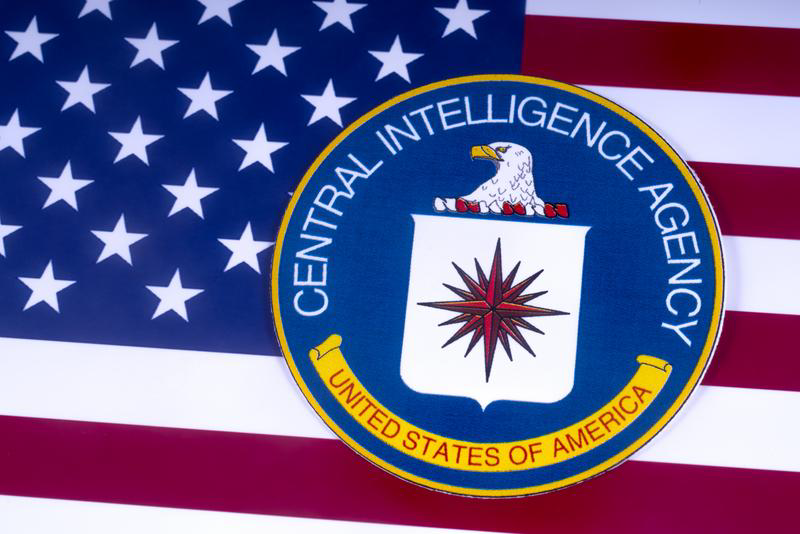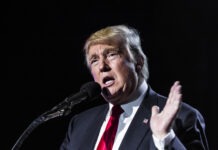On January 20, 2025, President Donald Trump issued an executive order revoking the security clearances of 51 former intelligence officials. These individuals had signed a 2020 letter suggesting that Hunter Biden’s laptop and its contents were potentially part of a Russian disinformation campaign. The executive order claims these officials used their intelligence backgrounds to sway the 2020 election.
The 2020 letter emerged just before the second presidential debate between Trump and Joe Biden. It proposed that the contents of the laptop, published by the New York Post, might be a Russian disinformation tactic. The letter conceded that there was no direct evidence of Russian interference, but the signatories expressed deep suspicion based on their collective experience.
Among the signatories was former CIA Director, John Brennan, who criticized the executive order on MSNBC on January 21. “He misrepresented the facts in that executive order because it said that we had suggested that the Hunter Biden laptop story was Russian disinformation,” Brennan said to host Andrea Mitchell. He asserted that the letter stated the incident exhibited the characteristics of Russian operations.
The executive order disagrees with Brennan’s assertions, accusing the officials of weaponizing their intelligence backgrounds to manipulate the political process. It also suggests that the release of the letter was coordinated with the Biden campaign, referencing former CIA Director Michael Morrell’s testimony admitting the letter was “triggered” by a call from Biden campaign official Antony Blinken.
In the final 2020 presidential debate, Biden used the letter to counteract Trump’s corruption allegations. “There are 50 former national intelligence folks who said that what he’s accusing me of is (being) a Russian plant,” Biden said. The letter became a key talking point for the Biden campaign, casting doubt over the laptop’s contents.
Subsequently, the FBI confirmed the authenticity of Hunter Biden’s laptop, which they had in their possession since November 2019. The laptop’s content, including emails detailing business dealings in Ukraine and China, were verified by whistleblowers and used as evidence in Hunter Biden’s 2023 gun trial.
The executive order also notes that the letter was sent to the CIA Prepublication Classification Review Board for clearance, a standard process for sensitive documents. Critics, including GOP lawmakers, contend that this action eroded public trust in the Intelligence Community and influenced the election outcome.
Mark Zaid, the attorney representing several signatories, defended their actions, stating that the letter was properly cleared and contained no classified information. “It would be contrary to decades of national security norms to suspend the security clearances of individuals who did nothing other than, as private citizens, exercise their protected First Amendment rights,” Zaid remarked.
The executive order also targets John Bolton, Trump’s former national security adviser, about his memoir, which allegedly contained sensitive information. Trump claimed Bolton undermined national security and inappropriately used classified material. An investigation into the memoir ended during Joe Biden’s Justice Department tenure.
Brennan denounced the clearance revocations as politically motivated. “This was just his effort to get back at those individuals who have criticized him openly,” Brennan said, referring to Trump.
Hunter Biden’s laptop has been at the center of political and legal scrutiny since it was left at a Delaware repair shop in 2019. Despite claims of tampering by Hunter Biden’s legal team, federal prosecutors confirmed its authenticity, dismissing earlier skepticism as a “conspiracy theory.”
Republican lawmakers have argued that the Intelligence Community colluded with the Biden campaign to suppress damaging information. Several signatories have been called to testify behind closed doors by the House Judiciary Committee, fueling partisan debate.
The executive order requires the Director of National Intelligence to submit a report within 90 days detailing further inappropriate activities related to the letter. The lasting impact of the clearance revocations on the former officials is yet to be seen.











